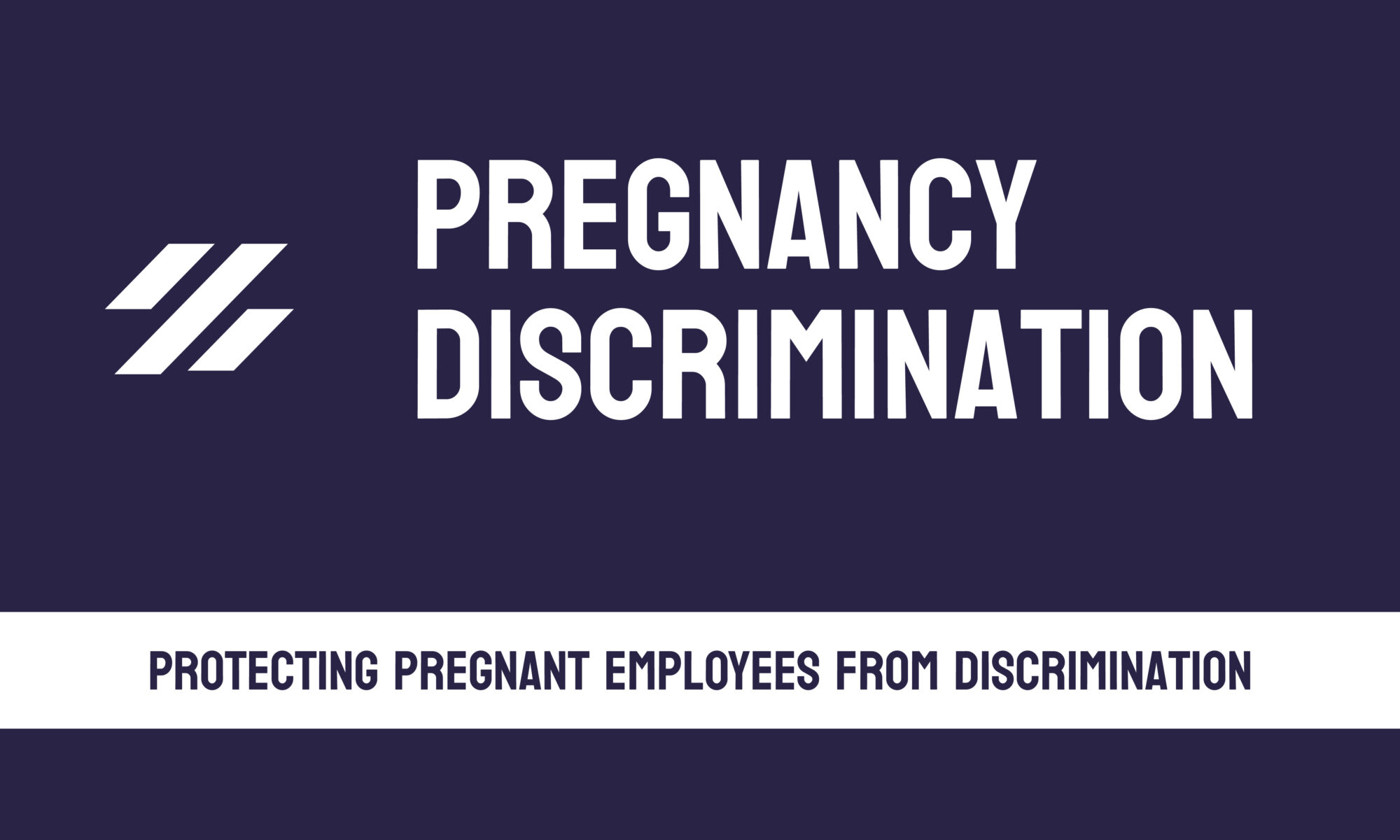Kurt Bluemel Accused of Pregnancy Discrimination: A Closer Look at the Pregnant Workers Fairness Act
A recently filed lawsuit against Kurt Bluemel, a Baltimore County-based commercial nursery, underscores the critical importance of enforcing pregnancy discrimination laws. The complaint alleges that the company failed to accommodate a pregnant employee seeking to return to work after maternity leave. Upon her attempt to resume her position, she was informed that no work was available despite the company hiring new, non-pregnant employees both before and after her return attempt. Such actions, if proven, directly violate the Pregnant Workers Fairness Act (PWFA) and Title VII of the Civil Rights Act of 1964. This case raises serious concerns about the commitment of businesses to upholding workers’ rights, particularly those of pregnant employees.
The Pregnant Workers Fairness Act: A Timely Intervention
Enacted to protect the rights of soon-to-be-mothers in the workplace, the PWFA requires employers, agencies, unions, and employees to provide reasonable accommodations to qualified employees experiencing limitations related to pregnancy or childbirth. This is unless such accommodations would lead to undue hardship to the business.
The enforcement of the PWFA mirrors the provisions of Title VII and related acts, permitting damages but with limitations if the employer can prove a good faith effort to provide reasonable accommodations. The Equal Employment Opportunity Commission (EEOC) has been charged with the task of creating regulations and has made improvements to charge processing.
Decoding the Pregnant Workers Fairness Act
The PWFA is comprehensive in its approach to safeguarding pregnant employees. It defines “known limitation” as any physical or mental condition related to pregnancy or childbirth communicated to the employer. Even conditions that may seem minor, episodic, or related to general health, if related to pregnancy or childbirth, must be acknowledged by the employer.
The Act provides a framework to support reasonable accommodations for pregnant employees, from temporary suspension of certain functions, job restructuring, to assignment in a light or modified duty program. Employers are required to find the best fit that does not result in undue hardship.
The Importance of Career Continuity for Women
The devastating reality is that women often face significant hurdles in maintaining their careers while pregnant or raising families. This not only stunts career growth but also disrupts financial stability and well-being. It is absolutely critical that businesses take steps to accommodate pregnant employees’ needs, ensuring they can effectively balance their professional responsibilities and personal health.
A Final Word – Know Your Rights
If you have personally experienced pregnancy-related discrimination or retaliation, it’s paramount that you seek assistance. Contact an experienced employment law attorney who can help assess your situation and guide you through the legal recourse available. The law is there to protect you – you don’t have to face discrimination in silence.

